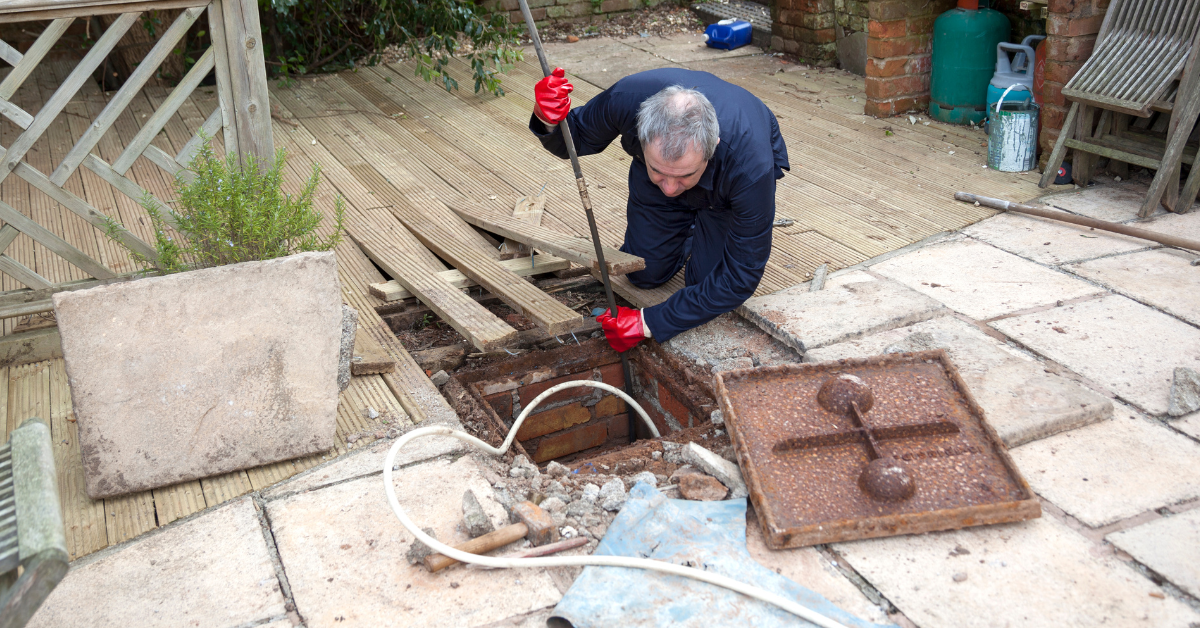
Blocked Drains
If your drain is blocked you will usually know because your waste will stop going away when you flush the toilet, or gullies outside will overflow. There will also probably be a smell around drains and inspection chambers. If none of your neighbours are affected then the likelihood is that your drain is blocked. Read on for more on Water Safety:
- Please make sure that only wastewater, toilet tissue and human waste goes down your drains and into the sewer. Wrap up sanitary products, nappies, wet wipes etc. and put them in the bin.
- After cooking, fat, oil and grease should be left to cool – it can then be put in the bin or mixed with seeds and nuts to make a feeder for birds.
- Medicines, tablets, syringes and needles should be taken to your pharmacist, local hospital or health authority for safe disposal.
- If you are unable to clear blockages at your home then please do call us and we will arrange for the blockage to be cleared.
- Blocked drains cost ateb a considerable amount of money. Should we find that the issue has been caused by misuse we will recharge you the cost associated with clearing the blockage.
Welsh Water stop the block:
Your Water Stop-Cock
You need to ensure that you are familiar with the whereabouts of your stop-cock to enable you to cut off the water supply should you have a water leak in your home. You can ask a member of our team or alternatively your neighbour.
Legionnaire’s Disease
Legionnaires’ disease is a potentially fatal form of pneumonia caused by the inhalation of small droplets of contaminated water containing Legionella. ateb has a duty of care to ensure the health and safety of customers by keeping properties safe and free from health hazards and we work closely with health and safety professionals to carry out risk assessments and testing in all appropriate properties.
The risk to standard domestic properties is low but here are some tips to follow to keep you safe:
- Run water for 10 minutes through taps and showers following periods of non-usage (e.g. if you’ve been on holiday or not been using certain rooms).
- Flush toilets with the lid down following periods of non-usage.
- Keep taps and shower heads clean and free from lime scale, mould or algae build up.
- Drain garden hosepipes after use, do not leave them in direct sunlight and flush through before filling paddling pools etc.
If you have any questions or concerns about legionnaire’s disease please contact us or alternatively see NHS Choices website.